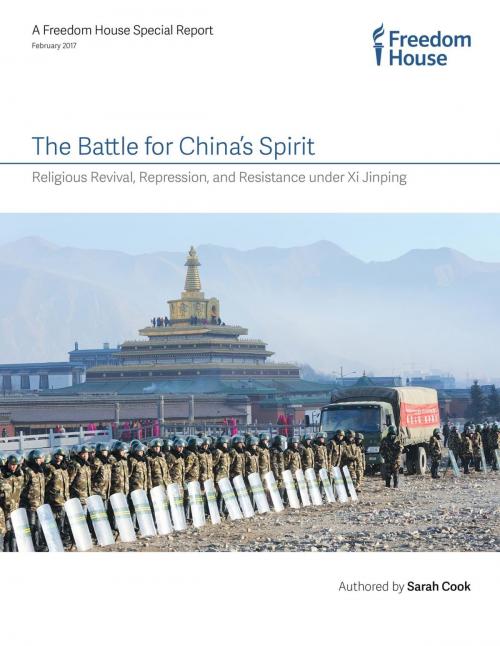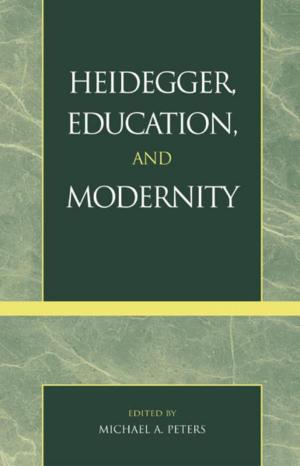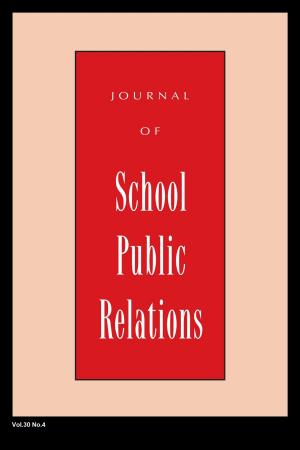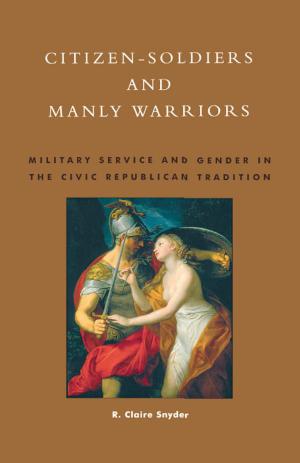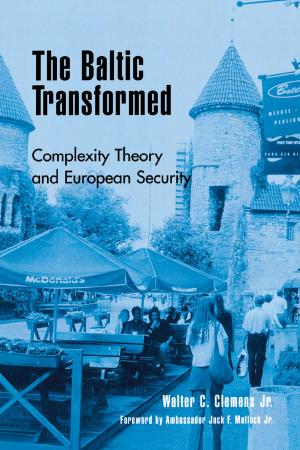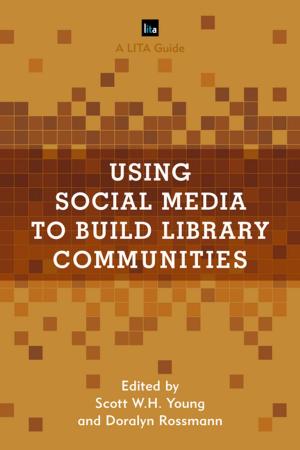The Battle for China's Spirit
Religious Revival, Repression, and Resistance under Xi Jinping
Nonfiction, Social & Cultural Studies, Political Science, International, International Security| Author: | Sarah Cook | ISBN: | 9781538106112 |
| Publisher: | Rowman & Littlefield Publishers | Publication: | May 16, 2017 |
| Imprint: | Rowman & Littlefield Publishers | Language: | English |
| Author: | Sarah Cook |
| ISBN: | 9781538106112 |
| Publisher: | Rowman & Littlefield Publishers |
| Publication: | May 16, 2017 |
| Imprint: | Rowman & Littlefield Publishers |
| Language: | English |
The Battle for China’s Spirit is the first comprehensive analysis of its kind, focusing on seven major religious groups in China that together account for over 350 million believers: Chinese Buddhism, Taoism, Catholicism, Protestantism, Islam, Tibetan Buddhism, and Falun Gong. The study examines the evolution of the Communist Party’s policies of religious control, how they are applied differently to diverse faith communities, and how citizens are responding to these policies.
The study—which draws on hundreds of official documents and interviews with religious leaders, lay believers, and scholars—finds that Chinese government controls over religion have intensified since November 2012, seeping into new areas of daily life. Yet millions of religious believers defy official restrictions or engage in some form of direct protest, at times scoring significant victories. The report explores how these dynamics affect China’s overall social, political, and economic environment, while offering recommendations to both the Chinese government and international actors for how to increase the space for peaceful religious practice in a country where spirituality has been deeply embedded in its culture for millennia.
The Battle for China’s Spirit is the first comprehensive analysis of its kind, focusing on seven major religious groups in China that together account for over 350 million believers: Chinese Buddhism, Taoism, Catholicism, Protestantism, Islam, Tibetan Buddhism, and Falun Gong. The study examines the evolution of the Communist Party’s policies of religious control, how they are applied differently to diverse faith communities, and how citizens are responding to these policies.
The study—which draws on hundreds of official documents and interviews with religious leaders, lay believers, and scholars—finds that Chinese government controls over religion have intensified since November 2012, seeping into new areas of daily life. Yet millions of religious believers defy official restrictions or engage in some form of direct protest, at times scoring significant victories. The report explores how these dynamics affect China’s overall social, political, and economic environment, while offering recommendations to both the Chinese government and international actors for how to increase the space for peaceful religious practice in a country where spirituality has been deeply embedded in its culture for millennia.
